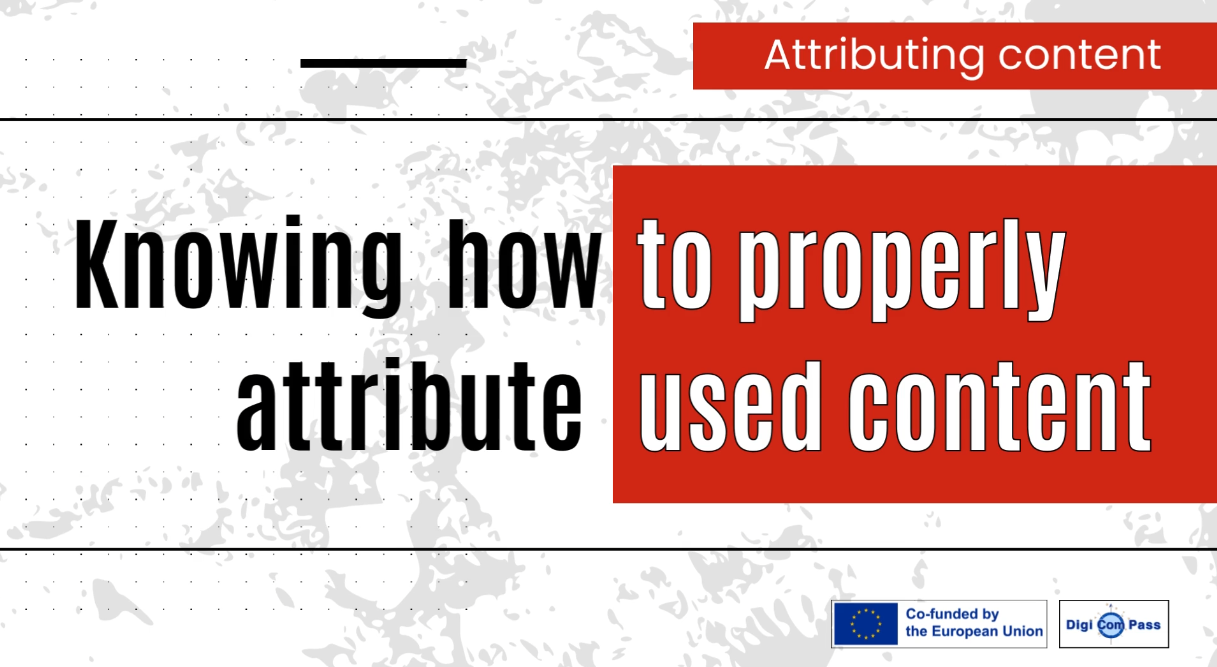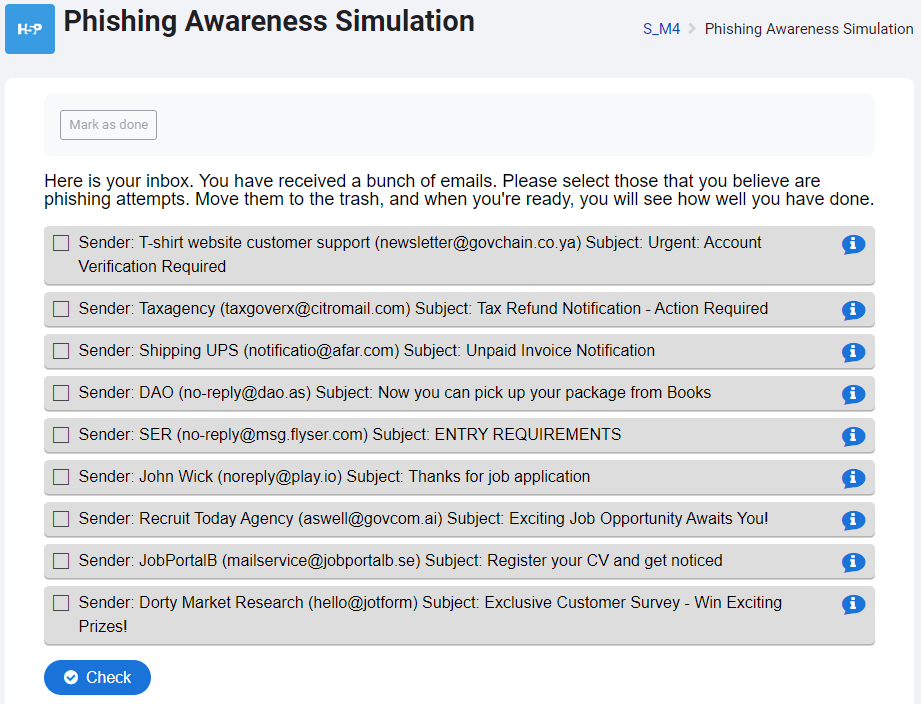The DigiComPass Training Course is a pioneering initiative designed to improve digital literacy, aligning with the European Union’s DigComp framework. This training program emphasizes enhancing digital competencies in adult learners through an innovative approach based on Flipped Learning 3.0. Structured into five independent modules, the course targets a broad age range, from young adults to seniors. Delivered via the Moodle platform, the course integrates multimedia microlearning and a “learning by assessment” strategy. One of the standout features is the award of a Digital Competencies Passport (DigiComPass) upon successful completion, providing formal recognition of digital skills. The course also draws on AI tools to enhance content creation, ensuring a modern, dynamic learning experience. Feedback from both learners and trainers reveals a high level of engagement and positive reception, underscoring the course’s potential to address the growing need for digital skills in a rapidly evolving digital landscape.
The DigiComPass Training Course Overview
The DigiComPass Training Course is designed to improve digital literacy based on the European Union’s DigComp 2.1 framework, addressing the digital competency gap among adults. Structured into five independent modules, it follows the Flipped Learning 3.0 framework, an approach that promotes active, learner-centered education.
The course covers essential digital competencies, such as data literacy, communication and collaboration, content creation, safety, and problem-solving. Each module focuses on one of these areas, ensuring learners acquire a comprehensive skill set tailored to their needs.
The Flipped Instructional Design (FID)
The instructional design of the DigiComPass Training Course is based on a specialized framework called the Flipped Instructional Design (FID), which integrates the Flipped Learning 3.0 methodology with principles of adult education. This framework supports diverse learning styles and promotes self-paced learning, catering to the unique requirements of adult learners from varying age groups. The course structure emphasizes active participation, enabling learners to apply digital skills in real-world scenarios. The multimedia-based content, delivered through the Moodle platform, includes videos, case studies, and interactive materials, enhancing learner engagement and knowledge retention.
Learning by Assessment Approach
One of the key innovations of the DigiComPass Training Course is the “Learning by Assessment” approach. This method incorporates self-assessment tools, allowing learners to evaluate their progress throughout the course. This strategy fosters a sense of ownership over their learning process, encouraging deeper engagement with the material. Learners who successfully complete all five modules and demonstrate proficiency are awarded the Digital Competencies Passport (DigiComPass), a certification that verifies their attainment of digital skills as per the European Union’s standards.
Integration of AI in Content Creation
A distinctive feature of the DigiComPass Training Course is the integration of AI tools in content creation. AI supports the development of interactive learning materials, ensuring the content is both engaging and adaptive to the learner’s needs. Tools such as H5P for interactive content, Canva for video and presentations, and Adobe Premiere for video editing were employed to create a rich multimedia experience. This use of AI-driven content creation contributes to the scalability of the course, making it adaptable for a wide range of educational settings.
Feedback and Evaluation
Initial feedback from the first pilot testing, which involved a small group of adult learners, showed a high level of acceptance for the DigiComPass Training Course. Learners appreciated the microlearning approach, which allowed them to engage with the content in short, manageable segments. They found the multimedia elements, such as interactive videos and case studies, to be particularly effective in enhancing their understanding and retention of digital skills.
Trainers also provided valuable feedback, noting that while the Flipped Learning 3.0 model was well-received, significant time was required to explain the new approach to learners, especially those with limited digital experience. The Trainer’s Handbook developed for the course played a crucial role in supporting trainers in delivering the content effectively and guiding learners through the platform.
Challenges and Opportunities for Improvement
Despite the positive reception, both learners and trainers identified areas for improvement. Technical support emerged as a key factor, particularly for learners with lower levels of digital literacy. Trainers emphasized the importance of providing detailed, step-by-step guidance to help learners navigate the platform and interact with multimedia content. Another challenge is the fast-paced evolution of digital technologies, which necessitates continuous updates to the course content to maintain its relevance.
Potential for Broader Application
The success of the DigiComPass Training Course in adult education suggests that its methodology, particularly the use of microlearning and multimedia-based content, could be applied to other educational contexts, including school education. The modular structure and the integration of AI tools make the course adaptable and scalable for various learning environments. Additionally, the establishment of a European network of trainers and organizations could help disseminate best practices and keep the course content updated with the latest developments in digital competency education.
The DigiComPass Association
The “Association for the Promotion and Development of the ‘Digital Competencies Passport’” (DigiComPass) is a non-profit organization focused on managing and advancing the DigiComPass training course, which was developed as part of the Erasmus+ Project 2022-1-CY01-KA220-ADU-000085965 and is available as an Open Educational Resource (OER). The association’s activities include promoting the course across Europe, fostering networking among members who offer the training, and providing continuous education for members and others interested in the course. To achieve its goals, the association organizes lectures, virtual and in-person events, participates in international conferences, hosts discussions, publishes materials, and establishes a virtual library. Financial support for these activities comes from entry fees, membership dues, donations from supporting members, and proceeds from publications.
Webpage: https://www.digicompass.eu/association/
About ICERI2024
ICERI2024, the 17th annual International Conference of Education, Research and Innovation, will be held in Seville, Spain, on November 11th, 12th, and 13th, 2024. As one of Europe’s largest education conferences, it will bring together over 800 attendees from across the globe. The event promotes knowledge exchange and collaboration between educators and researchers through oral and poster sessions, interactive workshops, networking events, and keynote speeches by renowned experts.
The conference proceedings will be published in the IATED Digital Library and submitted to the Web of Science for indexation, with each paper assigned a DOI number.
For more details, visit ICERI2024.



